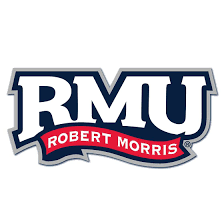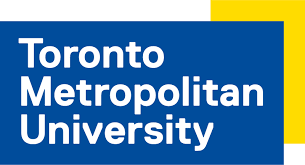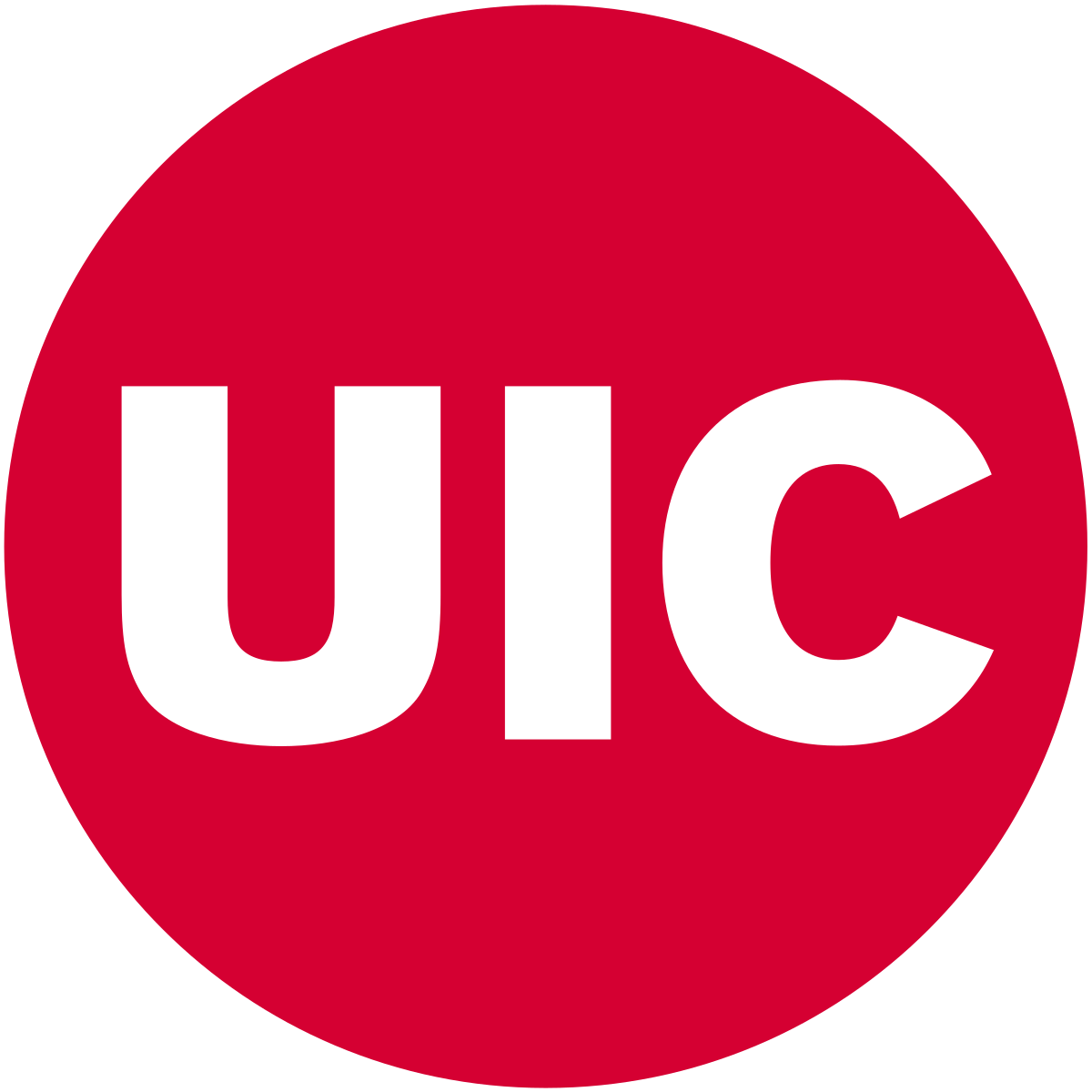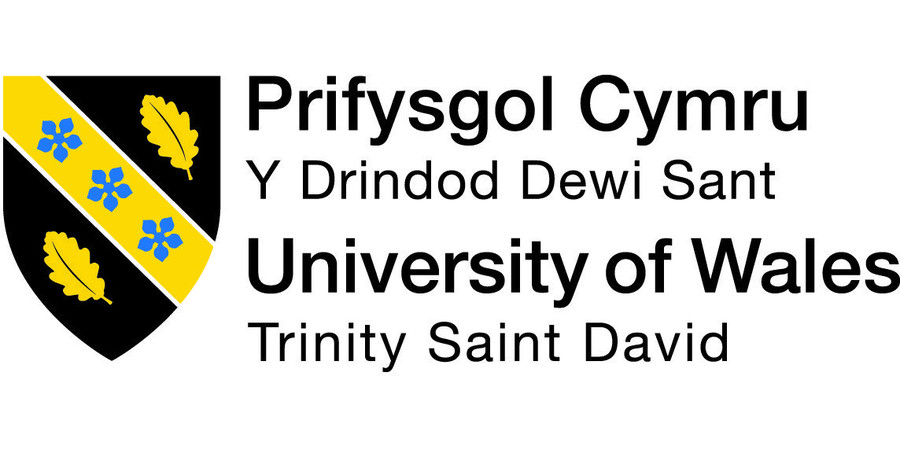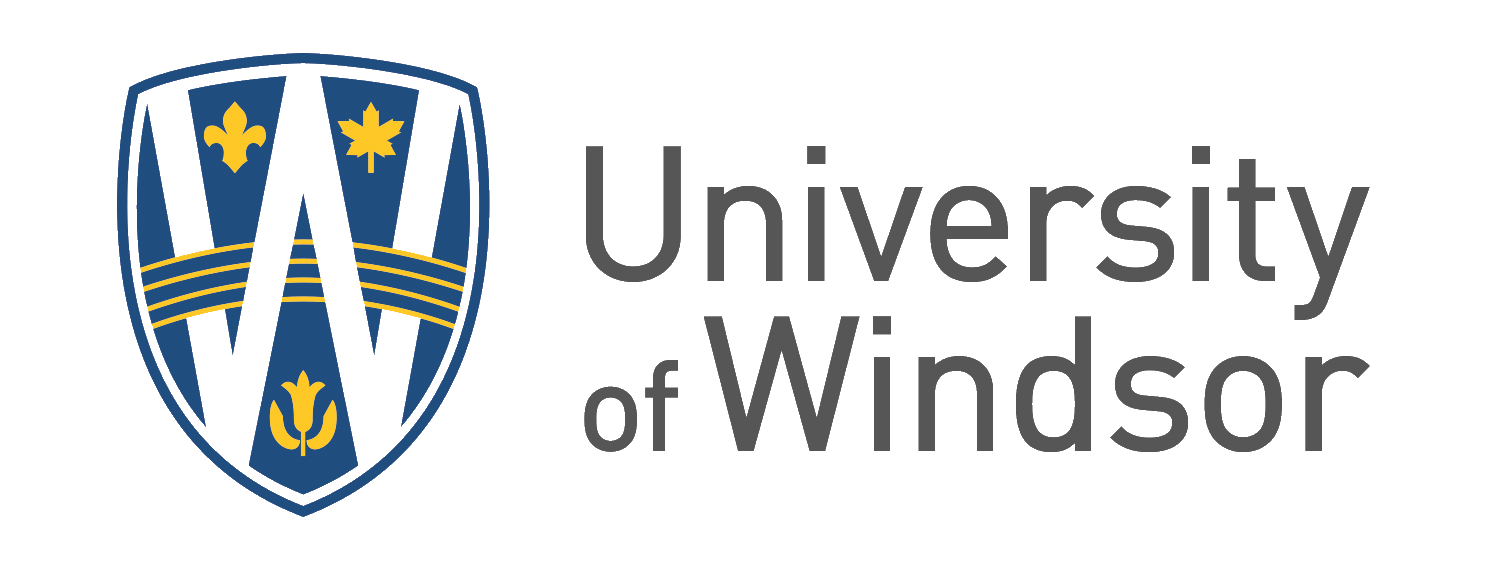Industrial Engineering: Optimizing the Future of Global Industries
Industrial Engineering is a dynamic field that blends engineering principles with business management to design, improve, and implement efficient systems. From manufacturing plants to healthcare facilities, industrial engineers streamline processes, reduce waste, and boost productivity. For Indian students aspiring to study abroad, pursuing Industrial Engineering offers a gateway to innovative technologies and international career opportunities in a rapidly globalizing economy.
In today's interconnected world, industries are evolving with automation, sustainability, and data-driven decisions at their core. Industrial Engineering equips you with the tools to tackle these challenges, making it an ideal choice for those passionate about problem-solving and efficiency. Whether you're from Mumbai's bustling tech hubs or rural engineering colleges, this discipline promises high demand and rewarding prospects abroad.
Why Choose Industrial Engineering Abroad?
Studying Industrial Engineering internationally exposes you to world-class education, cutting-edge research, and diverse cultural experiences. For Indian students, the appeal is even stronger due to India's growing manufacturing sector and the need for skilled professionals in supply chain and logistics.
- Global Perspective: Learn from diverse case studies, like optimizing supply chains in Europe or sustainable manufacturing in the US.
- Advanced Facilities: Access state-of-the-art labs, simulation software, and industry partnerships unavailable in many Indian institutions.
- Career Boost: An international degree enhances employability back home or abroad, with many graduates securing roles in multinational companies like Tata, Reliance, or global giants like Amazon and Siemens.
- Skill Development: Gain expertise in lean manufacturing, Six Sigma, and AI integration—skills in high demand globally.
- Cultural Immersion: Build a global network while adapting to new environments, fostering resilience and adaptability.
According to recent data from the International Labour Organization, industrial engineering jobs are projected to grow by 10% worldwide by 2030, with India alone needing over 500,000 engineers in this field. Studying abroad positions you at the forefront of this boom.
Top Destinations for Industrial Engineering
Choosing the right country can shape your academic and professional journey. Here are some premier destinations tailored for Indian students:
| Country | Top Universities | Key Advantages | Average Tuition (INR per year) |
|---|---|---|---|
| United States | Georgia Tech, Purdue University, University of Michigan | Strong industry ties with Fortune 500 companies; focus on innovation and entrepreneurship. | 20-40 lakhs |
| Germany | Technical University of Munich, RWTH Aachen | Tuition-free public universities; emphasis on practical training and automotive engineering. | 0-5 lakhs (plus living costs) |
| Canada | University of Toronto, University of Waterloo | Post-study work permits up to 3 years; multicultural environment welcoming to Indians. | 15-30 lakhs |
| Australia | University of Melbourne, Monash University | Focus on sustainable engineering; high employability with work visas. | 20-35 lakhs |
| United Kingdom | Imperial College London, University of Manchester | Short 1-year master's programs; strong research in operations management. | 25-40 lakhs |
Germany stands out for budget-conscious students, while the US offers unparalleled networking. Indian students often prefer Canada for its proximity to the US job market and supportive Indian diaspora communities.
Curriculum and Core Skills
A typical Industrial Engineering program abroad spans 4 years for a bachelor's or 1-2 years for a master's, combining theoretical knowledge with hands-on projects. The curriculum is designed to make you a versatile professional capable of optimizing complex systems.
Key Subjects Covered
- Operations Research: Mathematical modeling for decision-making, including linear programming and simulation.
- Supply Chain Management: Strategies for logistics, inventory control, and global sourcing—crucial for India's export-driven economy.
- Human Factors Engineering: Designing ergonomic workplaces to enhance worker safety and efficiency.
- Quality Control and Lean Manufacturing: Tools like Kaizen and Total Quality Management to eliminate waste.
- Data Analytics and AI: Using big data for predictive maintenance and process automation.
- Sustainable Engineering: Integrating green practices, aligning with global ESG (Environmental, Social, Governance) standards.
Programs often include internships, co-op placements, and capstone projects with real companies. For instance, at Purdue University, students collaborate with Boeing on aerospace optimization. Indian students benefit from electives in emerging areas like Industry 4.0, preparing them for roles in smart factories.
Skills you'll acquire include:
- Problem-solving through systems thinking.
- Project management using tools like Primavera or MS Project.
- Leadership in multidisciplinary teams.
- Proficiency in software such as MATLAB, AutoCAD, and ERP systems.
These competencies not only make you employable but also entrepreneurial, enabling you to innovate in India's Make in India initiative.
Career Opportunities and Prospects
Industrial Engineers are the backbone of efficient industries, with versatile career paths. Graduates often start with salaries ranging from INR 8-15 lakhs annually in India, but abroad, expect USD 70,000-100,000 (INR 58-83 lakhs) starting pay.
Popular Job Roles
- Operations Manager: Oversee production lines in manufacturing firms.
- Supply Chain Analyst: Optimize logistics for e-commerce giants like Flipkart or Amazon.
- Process Engineer: Improve workflows in pharmaceuticals or automotive sectors.
- Quality Assurance Specialist: Ensure compliance in ISO-certified environments.
- Consultant: Advise on efficiency for firms like McKinsey or Deloitte.
In India, opportunities abound in sectors like automobiles (Mahindra, Maruti), IT services (Infosys, Wipro), and healthcare. Abroad, alumni from top programs secure positions at NASA, Tesla, or Unilever. The field also opens doors to entrepreneurship, with many starting consultancies focused on sustainable practices.
Long-term, you could pursue certifications like Certified Supply Chain Professional (CSCP) or a PhD for research roles. For Indian returnees, the global exposure often leads to leadership positions, bridging international best practices with local needs.
Admission Requirements for Indian Students
Gaining admission requires preparation, but it's achievable with the right strategy. Most programs seek students with a strong academic foundation in math, physics, and engineering.
- Academic Qualifications: Bachelor's applicants need 10+2 with 60-70% in PCM; master's require a relevant engineering degree with 3.0+ GPA.
- Standardized Tests: GRE for US/Canada (aim for 300+), IELTS/TOEFL (6.5+/90+ scores). Some countries like Germany accept GATE scores.
- Documents: SOP highlighting your interest in efficiency and global challenges; LORs from professors; resume with projects or internships.
- Visa Essentials: Proof of funds (INR 10-20 lakhs), health insurance, and a genuine student intent letter.
Application deadlines vary: fall intake (Sept) by January-March; spring by September. Start early—prepare for tests 6-12 months in advance. Many universities offer conditional admissions for Indian students improving English scores.
Scholarships and Financial Aid
Funding your dream shouldn't be a barrier. Numerous options cater to meritorious Indian students:
| Scholarship | Provider | Amount (INR) | Eligibility |
|---|---|---|---|
| Fulbright-Nehru | US-India Educational Foundation | Full tuition + stipend | Master's applicants with leadership potential |
| DAAD Scholarships | German Academic Exchange | Up to 10 lakhs/year | Strong academics; for Germany programs |
| Ontario Graduate Scholarship | Government of Canada | 5-10 lakhs/year | International students in Ontario unis |
| Inlaks Shivdasani | Inlaks Foundation (India) | Up to 20 lakhs | |
| University-Specific | Varies (e.g., Monash International) | 20-50% tuition waiver | Merit-based for high achievers |
Additionally, explore education loans from Indian banks like SBI (up to INR 1.5 crore at 9-11% interest) with moratorium periods. Part-time jobs (20 hours/week) can cover living costs, estimated at INR 8-15 lakhs annually abroad.
Life as an Indian Student Abroad
Adjusting to life abroad brings excitement and challenges. Indian students form vibrant communities, with festivals like Diwali celebrated on campus.
Tips for Success:
- Academics: Attend office hours; join study groups to bridge cultural gaps in learning styles.
- Cultural Adaptation: Embrace local customs while cooking Indian meals to stay connected to home.
- Health and Wellness: Access university counseling; manage homesickness through online family calls.
- Networking: Attend career fairs and Indian student associations for mentorship.
- Sustainability: Budget wisely—shared housing saves INR 2-4 lakhs yearly.
Many universities offer orientation programs tailored for international students, ensuring a smooth transition. Returning to India after graduation? Your international experience will make you a sought-after talent in the globalized job market.
Embark on your Industrial Engineering journey abroad—transform industries, one efficient system at a time. For personalized guidance, explore our study abroad counseling services.


